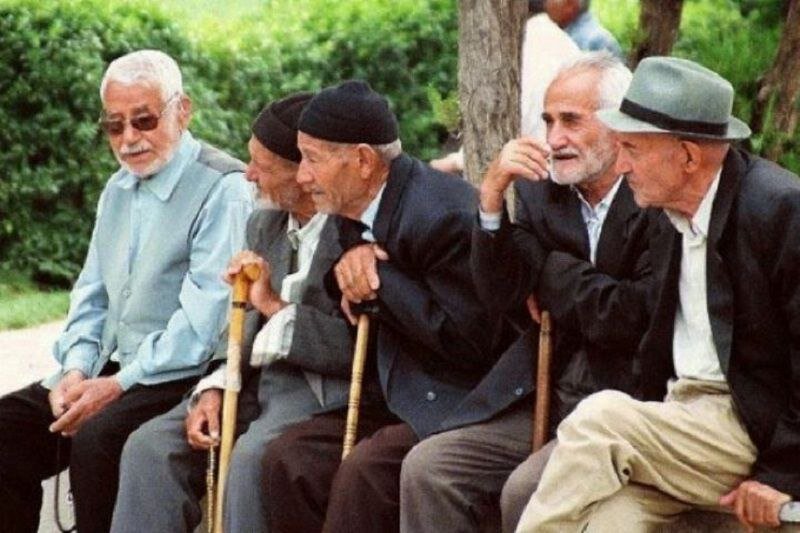International Day of Older Persons: aging with dignity

TEHRAN – Commemorated on October 1st each year, the International Day of Older Persons recognizes the contributions of senior citizens, raises public awareness about the challenges associated with aging populations, and highlights the needs to be met.
Iran observes the day as part of National Elderly Week which is held from September 28 to October 4.
The latest statistics indicate that the elderly constitute about 5.7 to 7 percent of the country's population. In other words, the most important challenge facing the country is the issue of old age.
To address the problem, a national plan was designed with the aim of changing health-related behaviors in middle-aged people and focusing on preventing disabilities caused by common problems in the elderly.
This year, the national week’s theme is ‘active aging for everyone’s tomorrow’.
Thanks to improved healthcare systems’ services, life expectancy has noticeably increased globally. It is forecast that old individuals outnumber the youth population, particularly in developing countries, in seven years. Hence population aging, as a global trend, is reshaping societies worldwide.
The number of older people (defined as those aged 65 years or older) tripled from around 260 million in 1980 to 761 million in 2021. Between 2021 and 2050, the global share of the older population is projected to increase from less than 10 percent to around 17 percent.
Consequently, the demand for comprehensive healthcare, care, and social support services has grown substantially, particularly for older persons with conditions such as dementia.
The trend also highlights the significance of promoting health, as well as preventing, and treating illnesses throughout the entire course of life.
In recognition of these challenges and opportunities, the 34th commemoration of the United Nations International Day of Older Persons will focus on ‘Ageing with Dignity: The Importance of Strengthening Care and Support Systems for Older Persons Worldwide’.
The theme encourages governments, policymakers, and social services across the world to take needed actions to address the physical, social, psychological, and health needs of older persons.
It highlights the urgent need to expand training and educational opportunities in geriatrics and gerontology, address the global shortage of care workers, and recognize the diverse contributions of caregivers.
The commemoration also emphasizes the importance of protecting the human rights of both caregivers and care recipients, promoting person-centered approaches to care that respect the dignity, beliefs, needs, and privacy of older persons, and for the right to make decisions about their care and quality of their lives.
In societies with aging populations, it becomes imperative to adjust to the increasing number of elderly individuals who possess a diverse range of functional capacities.
The capability to carry out essential functions and partake in everyday activities is influenced not solely by an individual's inherent capacity but also by the social and physical environments in which they reside.
Supportive environments play a pivotal role in assisting older individuals to maintain their activity levels and independence as they progress in age.
Leave a Comment